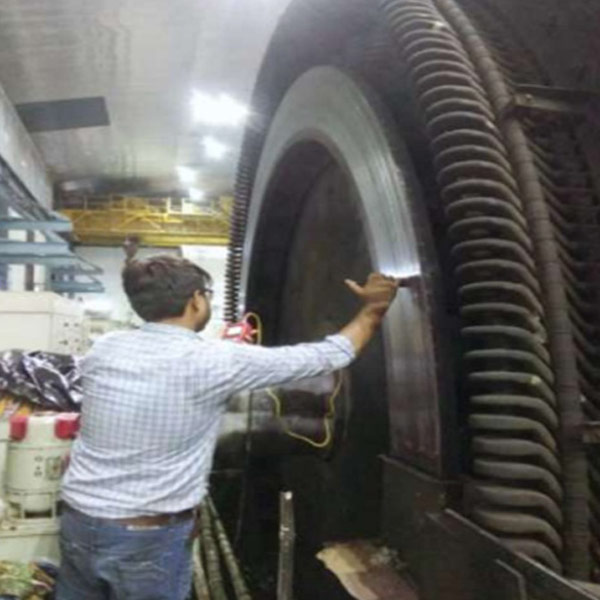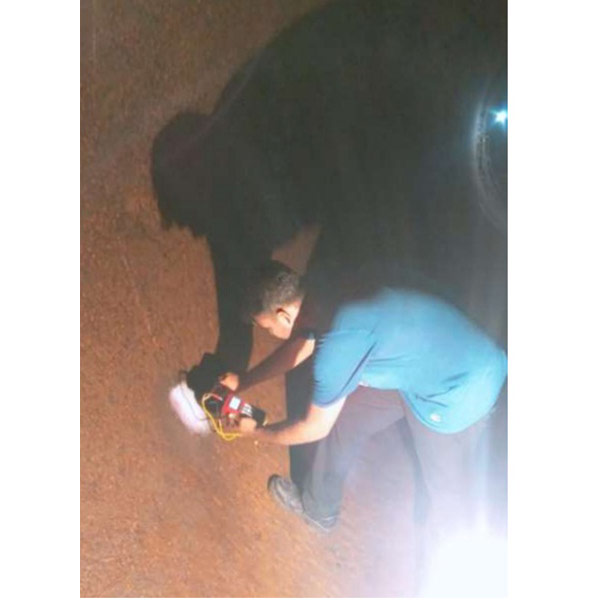A TO Z provides hardness test which is typically performed by pressing a specifically dimensioned and loaded object (indenter) into the surface of the material .The hardness is determined by measuring the depth of indenter penetration or by measuring the size of the impression left by an indenter.


Rebound Hammer Testing, also known as the Schmidt Hammer test, is a non-destructive method widely employed in the construction industry to assess the compressive strength of concrete. This portable and easy-to-use device measures the surface hardness of concrete by striking it with a spring-loaded mass and then rebounding. The rebound value is indicative of the concrete's strength, with higher values correlating to greater compressive strength.
One of the key advantages of Rebound Hammer Testing is its versatility. It can be applied on both horizontal and vertical surfaces, making it suitable for a range of structures, including bridges, dams, and buildings. The test is particularly useful for quality control during construction and for evaluating existing structures.
Interpreting the rebound values requires calibration against a known standard and considering factors like surface roughness and moisture content. While the method provides a quick and cost-effective estimate of concrete strength, it's important to note that it provides an indication of surface hardness rather than the overall structural integrity.
Rebound Hammer Testing plays a crucial role in ensuring the durability and safety of concrete structures, aiding engineers and construction professionals in making informed decisions about maintenance, repair, or further investigation based on the assessed strength of the concrete.
For precise and reliable concrete strength assessments, choose Rebound Hammer Testing in Delhi– a proven non-destructive method that provides quick and accurate results for your construction projects.
Copyright 2021 A TO Z NDT SOLUTIONS PVT.LTD All Rights Reserved.
Get In Touch